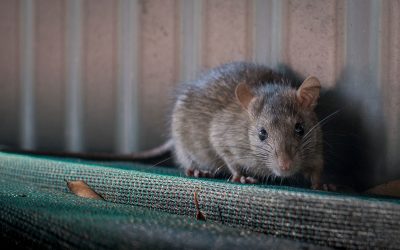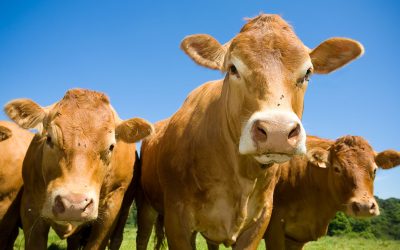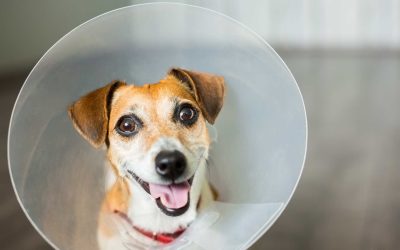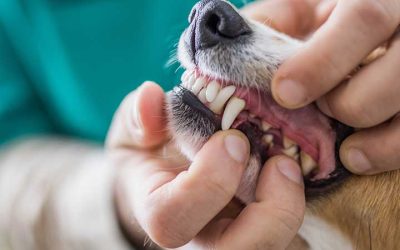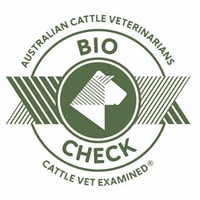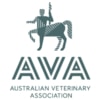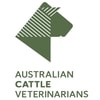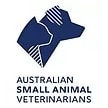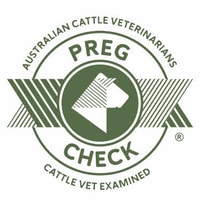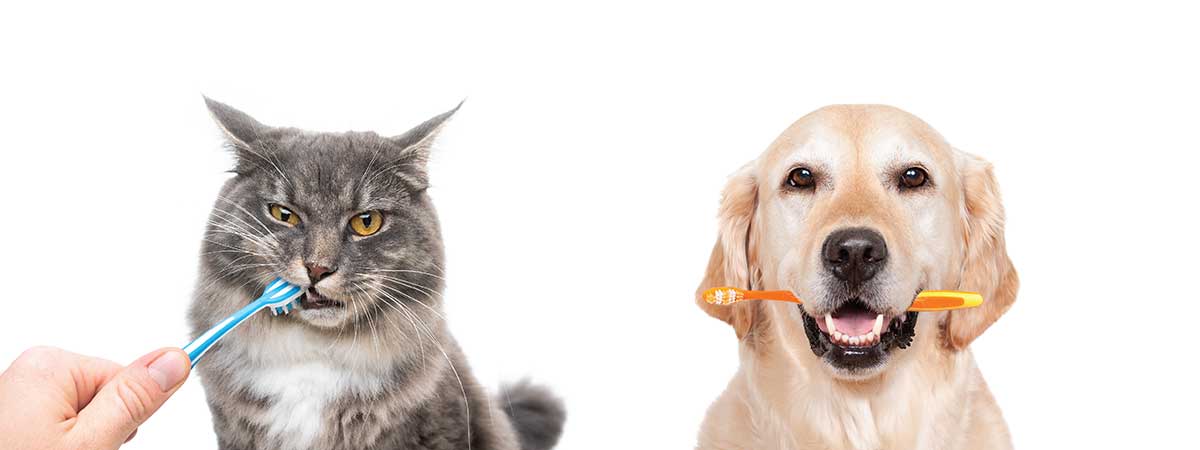
Dental disease is one of the most common but preventable diseases in pets. It is not only painful and uncomfortable, but the procedure to clean and remove teeth becomes more complicated and often more costly the longer it is left untreated.
What is dental disease?
Dental disease is caused by a bacterial infection that builds up in a substance called plaque. Plaque is made up of food particles and saliva. It sticks to the tooth surface above and below the gum line and if not removed, will calcify into tartar (or calculus). Over time the bacterial infection in tartar causes irreversible changes to occur. These include the destruction of supportive tissues and bone, resulting in red gums bad breath and loosening of teeth.
How do I prevent dental disease?
Good oral hygiene is the most effective way of preventing dental disease. This can involve dental chews, teeth brushing or a special dental diet. During your dental or regular health check-up, our team will be able to offer recommendations on how to keep your pet’s pearly whites shining.
How do I know my pet has dental disease?
- Common signs of dental disease include:
- Bad breath
- Painful mouth
- Reduced appetite
- Bleeding or receding gums
- Discoloured teeth
- Loose teeth
- Difficulty chewing
It is important to keep an eye on your pet’s teeth, and gums, as dental disease can progress rapidly if left untreated.
What happens if my pet has dental disease?
If your pet develops dental disease, our team will be able to discuss the most appropriate treatment options with you. This may involve teeth cleaning or removal.
If your pet is showing any signs of dental disease or has never had a dental check-up before, book an appointment with one of our vets.
RELATED ARTICLES
Rat Bait Toxicity
Take care when choosing rodenticides this winter as it could mean the difference between life or death of your pet. Not all baits are equal in their toxicity and you should always refer to the ingredients listed on the product. There are three key types of Rat Bait:...
Calving – When to intervene
The most common reason for calf losses in the cattle industry are calving difficulties, known as dystocia. In order to recognise dystocia promptly, an understanding of the normal calving process is necessary. The more difficult the calving; the greater the risk of...
Discount desexing
This Winter we are offering our annual 20% off de-sexing’s for both dogs & cats from 1st June to 31st July. If it's something you have been putting off then wait no longer! ADVANTAGES OF DESEXING Reduction in vet bills by reducing the following health conditions;...
The Importance of Dental Care for Your Pet
Did you know that 80% of dogs and 70% of cats over three years of age have some form of dental disease? Dental disease can not only be painful and uncomfortable for pets, but the procedure to clean and remove teeth becomes more complicated and often more costly to...
RELATED
ARTICLES
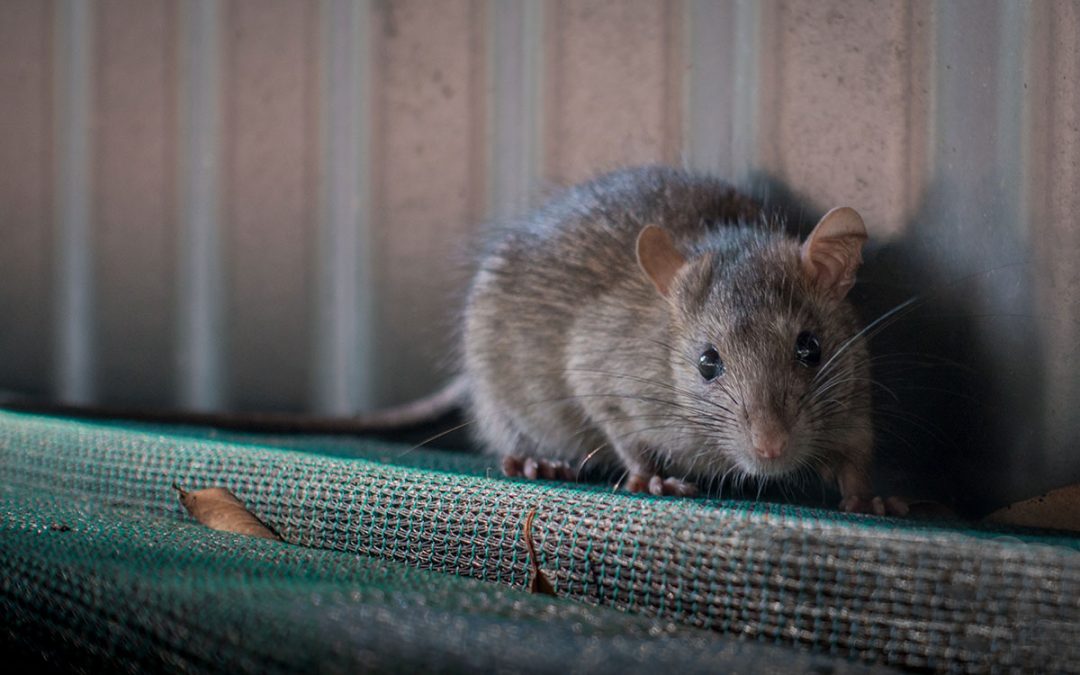
Rat Bait Toxicity
Take care when choosing rodenticides this winter as it could mean the difference between life or death of your pet. Not all baits are equal in their toxicity and you should always refer to the ingredients listed on the product. There are three key types of Rat Bait:...
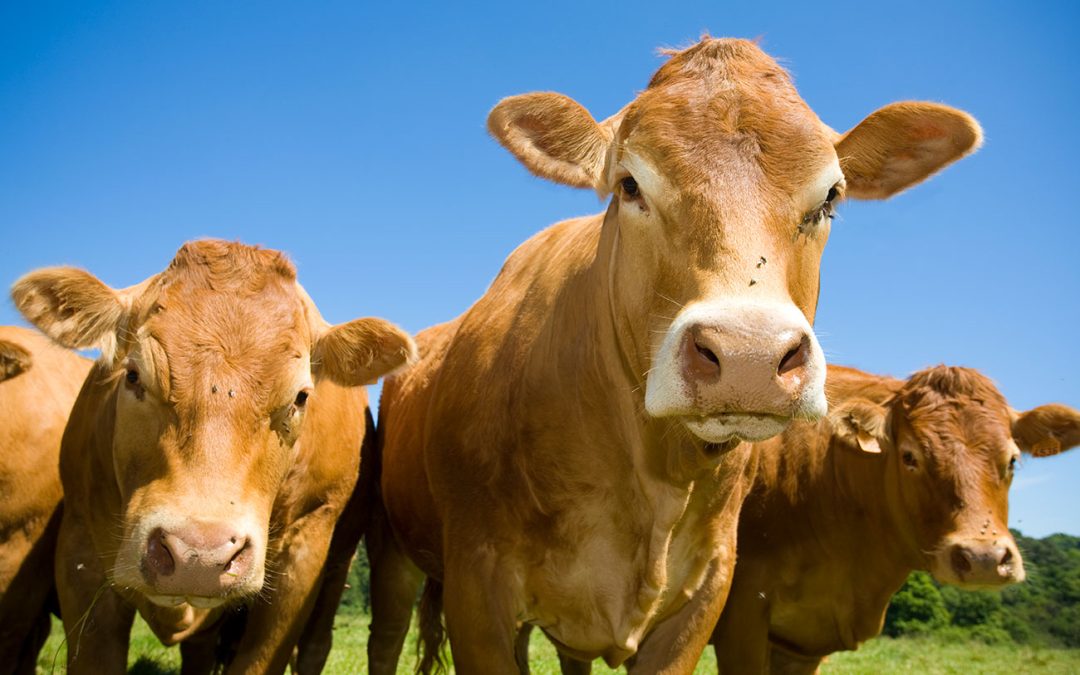
Calving – When to intervene
The most common reason for calf losses in the cattle industry are calving difficulties, known as dystocia. In order to recognise dystocia promptly, an understanding of the normal calving process is necessary. The more difficult the calving; the greater the risk of...
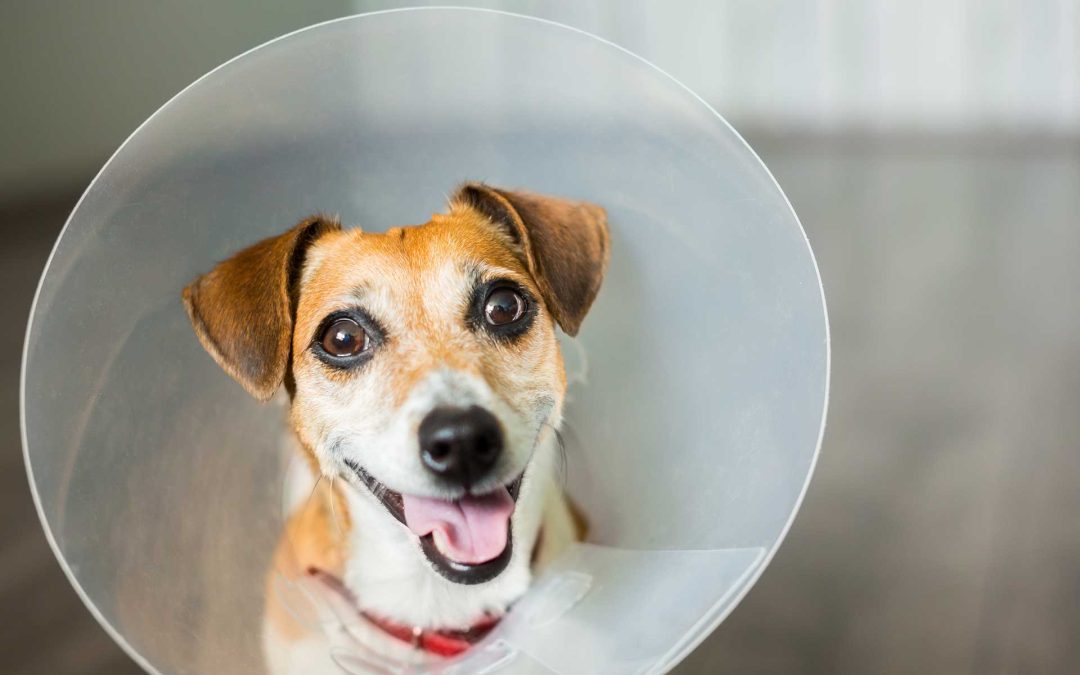
Discount desexing
This Winter we are offering our annual 20% off de-sexing’s for both dogs & cats from 1st June to 31st July. If it's something you have been putting off then wait no longer! ADVANTAGES OF DESEXING Reduction in vet bills by reducing the following health conditions;...
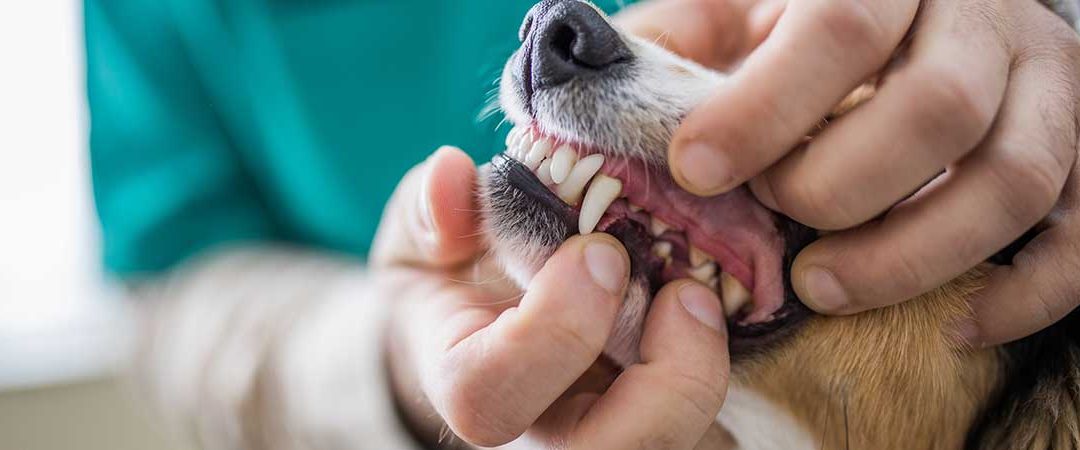
The Importance of Dental Care for Your Pet
Did you know that 80% of dogs and 70% of cats over three years of age have some form of dental disease? Dental disease can not only be painful and uncomfortable for pets, but the procedure to clean and remove teeth becomes more complicated and often more costly to...
Call Us Today To Discuss Your Animal Needs
Business Hours Phone: 07 4693 2233




